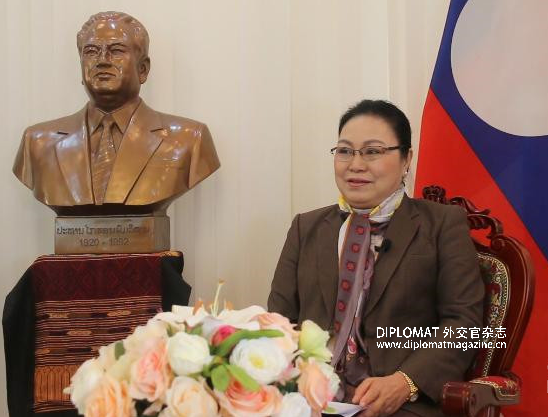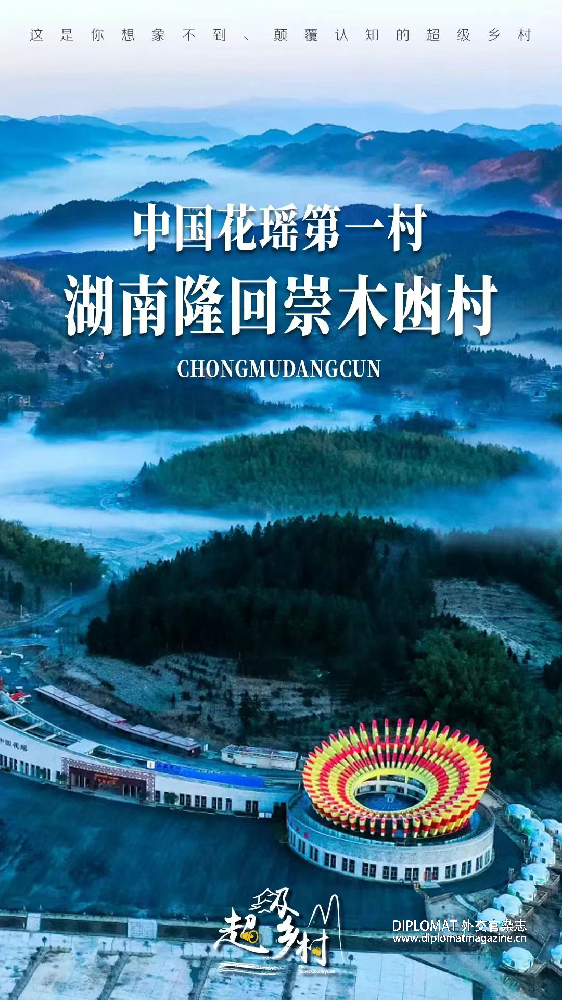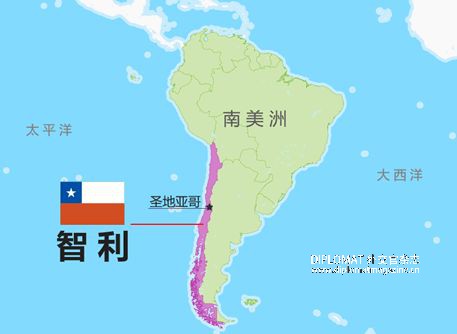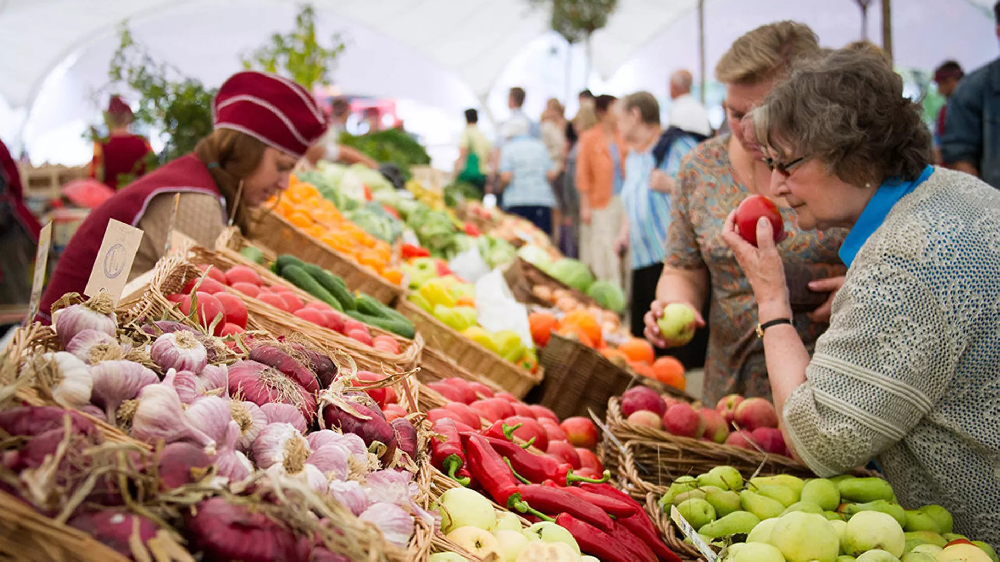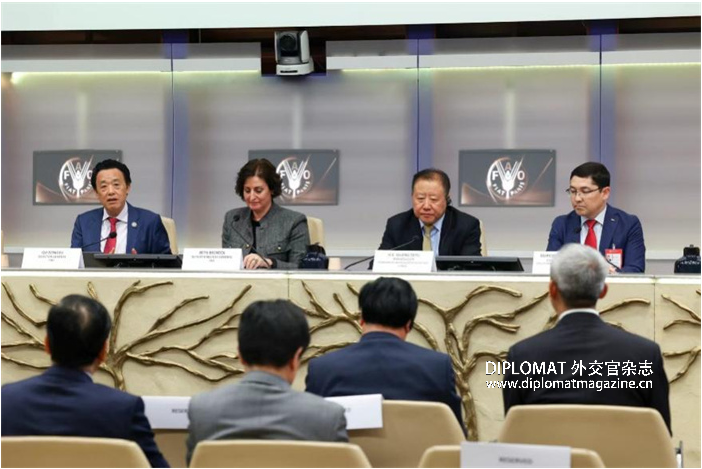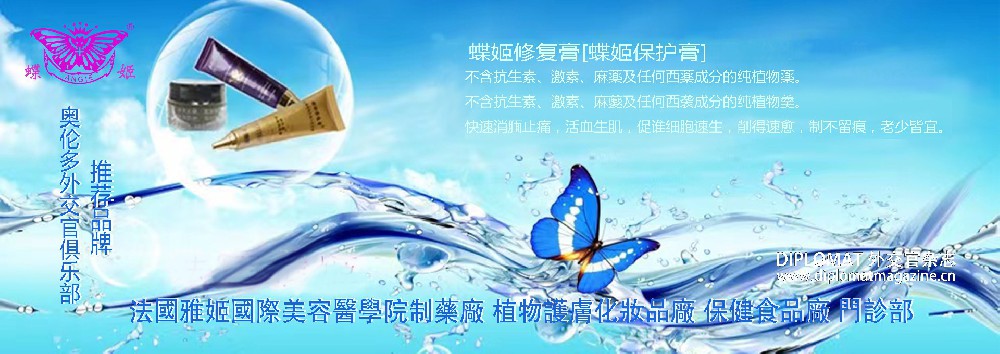导语:In accordance with the decision of the Constitutional Court of the Republic of Uzbekistan on April 30 of this year will be held a national referendum on the draft constitutional law ;On the Constitution of the Republic of Uzbekistan
In accordance with the decision of the Constitutional Court of the Republic of Uzbekistan on April 30 of this year will be held a national referendum on the draft constitutional law "On the Constitution of the Republic of Uzbekistan".
The issue of the need for constitutional reform was first raised by President Shavkat Mirziyoyev in his inauguration speech on November 6, 2021. Later, in his congratulation on Constitution Day (December 2021) and in his address to the Oliy Majlis and the people of Uzbekistan (December 2022), the head of state outlined the proposed changes in more detail.
The key essence of the constitutional reform is the need to harmonize the Basic Law with the modern realities of society, consistently carry out reforms, and, most importantly, create a solid legal foundation for building the New Uzbekistan.
In his address to parliament, Shavkat Mirziyoyev said: “We need to develop a modern Constitution imbued with the goal of ensuring the interests of the individual, respect for his honor and dignity as the highest value, a basic law that will fully meet the objectives of building a new Uzbekistan and will serve future generations”.
An analysis of the transformations and reforms carried out in recent years attests to their decisiveness, magnitude, and irreversibility.
Direct dialogue between the state and society has been established, and the situation regarding freedom of speech, religion, and movement has changed dramatically.
An important element of the structural transformation process was the improvement of social protection of citizens and the reduction of poverty. It is the well-being and prosperity of the people that are the main goal of the reforms.
So, if in 2017 500,000 low-income families received social assistance, today there are more than 2 million.
Another major priority was the fight against corruption, shadow money flows, and the prevention of conflicts of interest and illicit enrichment. In order to coordinate work in this direction in a systematic way, a specialized Agency was created.
Liberal reforms aimed at ensuring openness of the national economy and creating the necessary conditions for its integration into world economic relations have been carried out in the economy of Uzbekistan.
The key transformations include liberalization of the foreign exchange market, lower import duties, and greater access of private investors to industries such as energy, geological exploration, chemistry and petrochemistry, medicine, and education. All sectors have received systemic programs of support and development.
Improving the business environment and supporting entrepreneurship, which is the driver of today's economy, has become another top priority of the ongoing reforms.
More than 200 types of licenses and permissive procedures were abolished in this area. The total number of taxes was reduced from 13 to 9, rates on some of them were reduced by half. The VAT rate was gradually reduced from 20 to 12 percent.
"We all need to understand one thing: supporting entrepreneurship is the most effective way to improve the well-being of citizens, our people, the ultimate goal of building a New Uzbekistan," the head of state said in an interview with the Yangi Uzbekiston newspaper.
The development of entrepreneurship has begun to show impressive rates. So, if in 2016 the number of operating enterprises was 258 thousand, then by the beginning of 2023 - 592.4 thousand (an increase of 2.3 times). If in 2016 the number of newly created enterprises was about 33 thousand, then in 2022 there will be more than 93.6 thousand (an increase of 2.8 times).
Between 2016 and 2022, according to the World Bank, Uzbekistan's average annual GDP growth was 5.2%, compared with only 2.3% for the world as a whole. Even in 2020, when a coronavirus pandemic swept the world, Uzbekistan's GDP increased by 1.9%, while the global GDP collapsed by 3.3%.
During the same period, Uzbekistan's foreign trade turnover increased more than 2 times, from 24.2 billion US dollars (2016) to 50.0 billion US dollars (2022). Exports increased by 60%, from 12.1 billion US dollars (2016) to 19.3 billion US dollars (2022 G.).
As a result of the reforms aimed at creating a favorable investment climate, the volume of foreign investments in the economy has increased 10-fold over the past 5 years, amounting to $40 billion.
Relations with the countries of the region and Uzbekistan's image in the international arena have significantly improved. President Shavkat Mirziyoyev's new regional course was able to actually reset relations within the region. With the support of other Central Asian countries, unprecedented progress has been made in resolving such sensitive issues as borders, water and the energy problem.
Borders opened, trade normalized, and all countries in the region began to reap significant economic benefits from closer cooperation.
Uzbekistan's trade turnover with Central Asian states has tripled since 2016 (from $2.5 billion to $7.5 billion).
Trade with Kyrgyzstan increased 7.5 times, with Turkmenistan 4.4 times, with Tajikistan 3.4 times, and with Kazakhstan almost 2.4 times.
For the first time since the early 1990s, the region is seeing close cooperation in industrial cooperation in priority sectors of the economy, cross-border trade zones are being created, and transport and logistics issues are being addressed.
Anna Bjerde, vice president of the World Bank, wrote in her article for Gazeta.uz, "We see quite impressive results of the implemented market reforms in Uzbekistan.
Further reforms are needed to withstand global shocks and build an inclusive market economy."
Obviously, in order to strengthen the results achieved and consistently continue the reforms initiated, the logic of rapidly changing life itself suggests the need to create a solid legal framework that defines the current and future development of Uzbekistan.
As foreign experts point out, the constitutional changes should become a kind of face of the large-scale reforms that are being carried out under the leadership of President Shavkat Mirziyoyev.
Despite the successes achieved, there is a public demand for a continuation of radical changes aimed at building a state that is developed in all respects.
According to expert forecasts, by 2030 the population of Uzbekistan will reach more than 40 million people, and by 2040 - 50 million people.
Our country is becoming a large state, where in the near future more than half of the population will be young people. Creating decent conditions for them requires: a steadily growing economy; sustainable security; effective governance; social guarantees and much more.
Therefore, the ambitious goal is to increase the country's GDP to $100 billion within five years, bring annual exports to $30 billion, raise the share of the private sector in GDP to 80%, bring investment to $120 billion, including at least $70 billion of foreign investment.
All of this will allow Uzbekistan to become one of the world's upper-middle-income countries by 2030.
To this end, it is planned to bring Uzbekistan to a leading position in the world Index of Economic Freedom, to significantly improve the efficiency of the judicial system, anti-corruption measures and the protection of property rights.
In addition, the task is to raise the level of investment and financial freedom. By 2030 it is planned to make the republic leaders in logistics efficiency.
To this end, there is a firm intention to accelerate the process of accession to the World Trade Organization, which will allow to establish a system of non-discriminatory trade with more than 160 countries and find stable markets.
Another important goal is to use digitalization as the main "driver" of economic transformation. It is planned to increase the volume of the digital economy by at least 2.5 times.
All of this requires a solid legal basis, indicating that the New Uzbekistan needs to update the Constitution.



